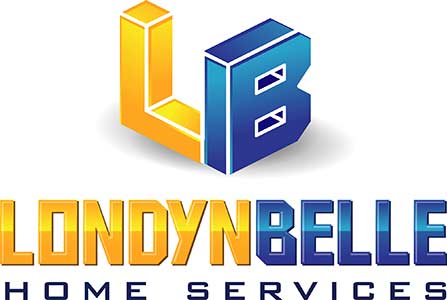Is it wise to add a child’s name to older adults’ deeds?

Is it wise to add a child’s name to older adults’ deeds?
PORT ST. LUCIE, Fla. – Oct. 25, 2017 – As individuals get older, many decide to add their children’s names to their homes or their brokerage and bank accounts.
This is called owning something in “joint tenancy.”
People are told that by doing this, they will avoid probate and automatically pass those assets to the persons named on the property or accounts. This is true, but doing this may have significant adverse consequences that most people are not aware of.
First, by putting your children’s names on your assets, you no longer have complete control of those assets. If you put your child on the deed of your house, then you will need their permission before it can be sold.
A child may decide that they don’t want their parents’ house to be sold and can withhold their signature preventing the parent from doing what they want with their home.
You also have to be careful that the addition of your child to your deed is done correctly. There are varying types of joint tenancy and if the wrong type of joint ownership is recorded, your property may still have to go through probate.
If you put your child on your bank or brokerage account they will have the same access to it that you would have. During your lifetime, they will have complete access to your business. They could keep track of your spending habits, use the account to write checks for their own personal reasons, or even take all the money for themselves.
Additionally, if you name your child on your home or accounts, then you are subjecting your assets to the circumstances of your child’s life. If your child whose name is on your house or accounts gets sued, divorced or files bankruptcy, his or her creditors may attempt to collect against your assets. You could have a lien recorded against those assets because your child is now a part owner.
Finally, there are adverse tax consequences of including your kids on your home or accounts.
Property that is transferred by inheritance is given very preferable tax treatment. At death, the IRS allows a stepped-up basis on your investments once they transfer into the hands of your heirs.
If you don’t own the whole property because your child’s name is on the deed or account, you may lose this benefit. This may cost your kids thousands of dollars when the investments are ultimately sold.
There are other options that will allow your assets to avoid probate and pass easily to your heirs.
By setting up a Revocable Living Trust you can avoid probate as well and not have to worry about any of these potential problems. This kind of estate planning allows you to maintain complete control of your assets during your lifetime while also avoiding probate and giving your family immediate access to your assets.
Source : Florida Realtors
-
New$357,000
Entrada
Courtesy of Real Deal Realty And Property
4 BEDS2 BATHS1828 SQFTShare this Property -
New$359,900
Cape Coral
Courtesy of ERA Cape Realty
3 BEDS2 BATHS1703 SQFTShare this Property -
New$319,900
Cape Coral
Courtesy of Hamilton-Franklin Realty LLC
3 BEDS2 BATHS1272 SQFTShare this Property -
New$779,000
Cape Coral
Courtesy of Realmark Realty Group II LLC
4 BEDS3 BATHS2098 SQFTShare this Property -
New$425,000
Cape Coral
Courtesy of ViiBE Realty
3 BEDS3 BATHS1882 SQFTShare this Property -
New$895,000
Cape Coral
Courtesy of Miloff Aubuchon Realty Group
4 BEDS3 BATHS2584 SQFTShare this Property -
New$309,900
Cape Coral
Courtesy of Starlink Realty, Inc
3 BEDS2 BATHS1300 SQFTShare this Property -
New$1,575,000
Bonita Bay
Courtesy of Barefoot Beach Properties
3 BEDS3 BATHS2616 SQFTShare this Property -
New$539,900
Cape Coral
Courtesy of RE/MAX Trend
4 BEDS2 BATHS1578 SQFTShare this Property -
New$715,000
Cape Coral
Courtesy of Century 21 Selling Paradise
3 BEDS2 BATHS1724 SQFTShare this Property -
New$574,900
Cape Coral
Courtesy of World Realty Group Inc
3 BEDS2 BATHS2443 SQFTShare this Property -
New$1,700,000
Bn06 - North Bonita East Of Us41
Courtesy of Tampa Luxury Real Estate Group Inc
5 BEDS3 BATHS3115 SQFTShare this Property




















